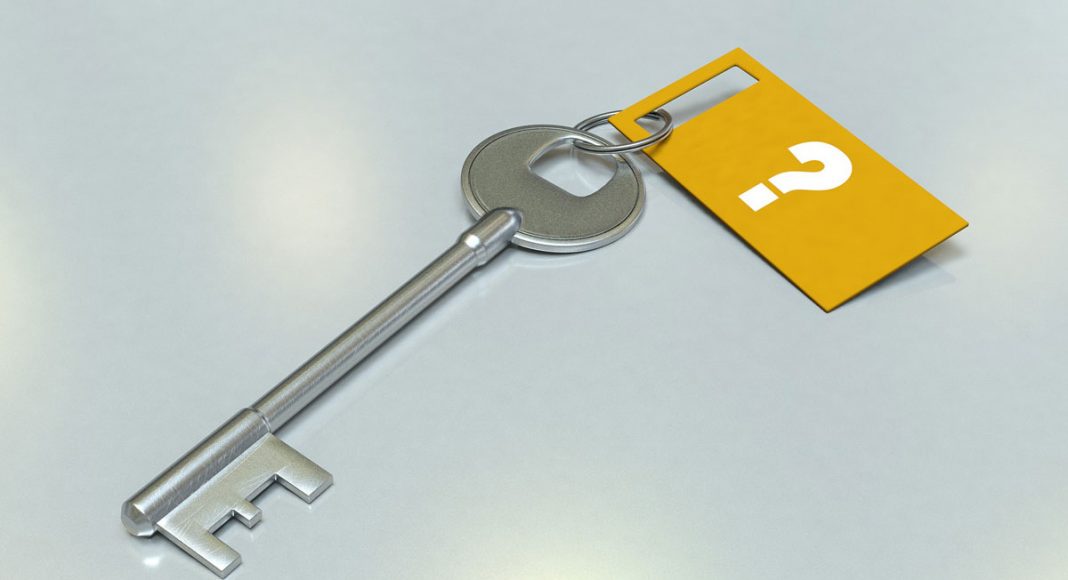In this day and age, it’s paramount we protect our personal information. There are hackers around every corner, just waiting to access your passwords to obtain critical information on the internet. But there are things you can do to ensure that you won’t get hacked – or at the very least, make it incredibly hard for anyone trying to steal your information. Reader’s Digest rounded up some tips to help you choose a password that will (hopefully) deter hackers.
You use the same password for everything
https://giphy.com/gifs/ifc-sketch-comedy-baroness-von-26n6yJP0e93jYGGkM
It’s bad enough that there are still people who use the password “password” for all of their accounts. You laugh, but you’re just as guilty if you use the same password to access all of your private information. If someone can hack into your Instagram account, they shouldn’t also be able to withdrawal money from your bank account.
RELATED: Creepy Crackdown On Netflix Password Sharing May Be Coming Soon
Your security question is obvious
https://giphy.com/gifs/respect-jude-law-question-kFJ7NdGw4A4o0
You know the drill. What’s your mother’s maiden name? What was the name of the street you grew up on? What was the name of your first pet? Security questions are pretty basic across the board, which is why the cyber security pros at McAfee suggests using random questions. While most crooks can find out your mother’s maiden name or the street your grew up on with a quick internet search, it’s doubtful they could discover who gave you your first kiss or the first MTV video you remember watching.
Your password is obvious
https://giphy.com/gifs/mods-password-admins-12Oy8aAs0CbTgY
If you have a collection of shoes, make sure your password isn’t ShoeGal (kudos if you got this “Sex and the City” reference). This also goes for the lazy man’s penchant for choosing consecutive numbers, like “00000” or “12345”. Reader’s Digest suggests incorporating “opposite” words, like your least favorite color or the site of your least favorite vacation.
RELATED: This iPhone Feature Deletes Your Data After Several Failed Password Attempts
You don’t include enough obstacles
https://giphy.com/gifs/password-secure-X68QCGb5qx596
One trick is to use the space bar when creating your password. A lot of sites don’t let you do this, but when you stumble upon one that does, take advantage of it! Most people who try to attempt your password will likely not incorporate a space.
It’s not long enough
https://giphy.com/gifs/oNFOEInPqJvbYPj8MQ
Security experts agree that your password should be at least a dozen characters in length, if possible. And while that may create a hassle every time you log into your account, it’s worth it if it means thwarting thieves. Having your identity (or money) stolen is way worse than having to type 12 characters.


